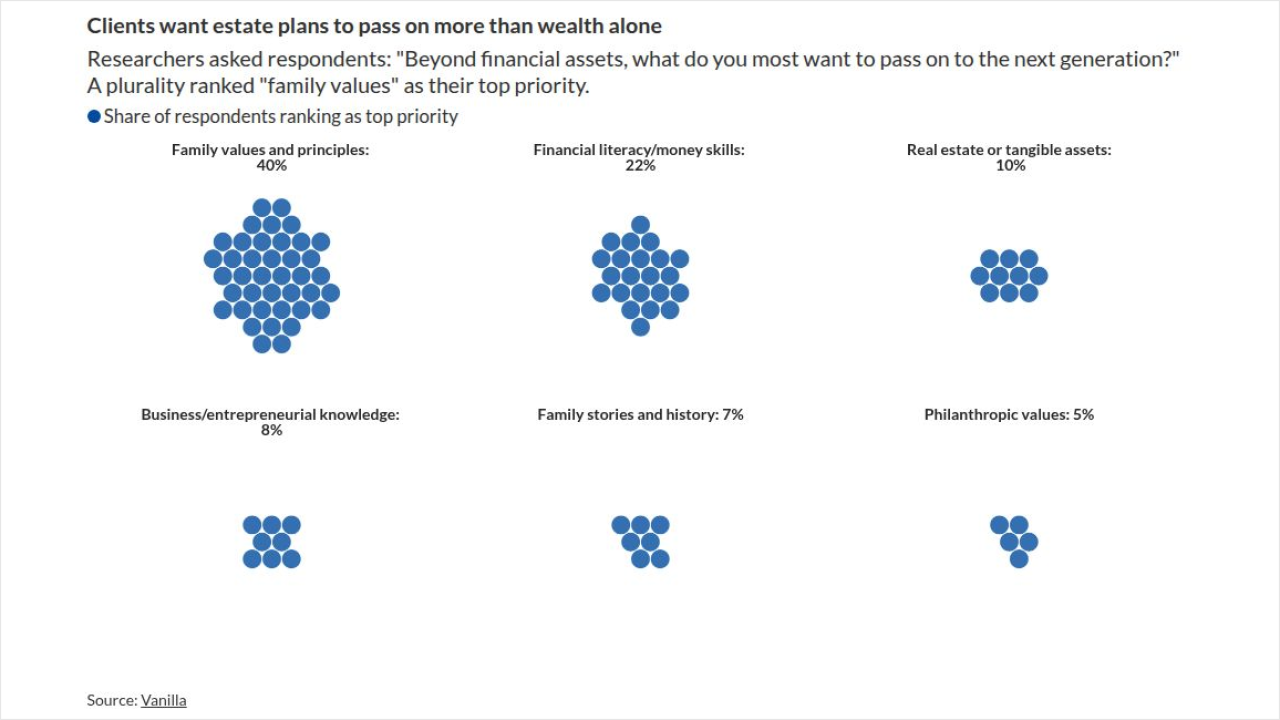WASHINGTON In the wake of President Bushs State of the Union address on Tuesday night and of the Democratic response that followed it pension reform, improved accounting standards, and increased disclosure requirements are all looking like live issues in the near term.
Though the Presidents speech focused primarily on the war on terrorism and homeland security, and predictably eschewed many matters important to the financial services industry, the few financially-targeted words he did say ("
"I ask Congress to enact new safeguards for 401(k) and pension plans, because employees who have worked hard and saved all their lives should not have to risk losing everything if their company fails," said President Bush, who carefully avoided naming Enron. "Through stricter accounting standards and tougher disclosure requirements, corporate America must be made more accountable to employees and shareholders, and held to the highest standards of conduct."
Republicans and Democrats praised the Presidents support of pension reform and increasing retirement savings, and House Minority Leader Richard Gephardt, D-Mo., outlined a plan of his own.
"We want to work together to create a universal pension system that follows a worker from job to job through life and protects employees from the next Enron," Rep. Gephardt said.
House Speaker J. Dennis Hastert told reporters after the speech that he thought increased retirement savings would be one of the "keys to get the economy going again" and that banks would play an important role.
"Banks are clearly at the heart of the retirement savings effort," the Illinois Republican said. "We have a strong banking system, which is the opposite of places like Japan," where consumers have little faith in the industry, he said.
Because of the gridlock endemic to the narrowly split Congress of recent years, industry officials guardedly predicted the rhetoric would lead to bipartisan legislation on retirement savings. Several bills that have been introduced, among other things, would remove restrictions on employers hiring financial advisers for workers and would limit the amount of its own stock that a company could use to match employee contributions.
"I think that there is a fair chance of something being enacted," said Edward L. Yingling, the deputy executive vice president of the
Sen. Tim Johnson also stressed the importance of pension reform, and linked it to his pet initiative, favored by many banks: deposit insurance reform.
"Its clear that we need to look closely at the retirement options available to hardworking Americans, and I applaud President Bush for highlighting the issue in his State of the Union address," the South Dakota Democrat said. "IRAs, 401(k)s, and other tax-advantaged retirement plans are enormously important in promoting self-sufficiency in retirement.
"However, we must also recognize that for many Americans, investing the whole nest egg in the stock market may not make sense," he said. "Therefore, I will continue to urge my colleagues to increase the level of deposit insurance coverage, especially for retirement accounts, to allow our citizens to invest in their money safely with their local community banks."
Asked if he would support raising the coverage limit for retirement accounts at banks, Rep. Hastert said the jury was still out. "That is something we will have to take a look at."
President Bushs address also highlighted some partisan divisions on issues such as personal retirement accounts for Social Security, which he endorsed. "We must make Social Security financially stable and allow personal retirement accounts for younger workers who choose them."
Though that comment drew some applause from Republicans, nearly every Democrat refrained from clapping and stayed seated. The response confirmed industry fears that such accounts are unlikely to pass in the near future.
Lawmakers did agree that better corporate disclosures were necessary to prevent another debacle like Enron.
"It is hard to believe the shenanigans that went on in that company," Sen. Chuck Schumer said in an interview after the speech. "The President was sounding like a real reformer for corporate America, and Im glad."
But at least one of his fellow New York Democrats had a far harsher response.
"The oblique and indefinite references the President made to better accounting and disclosure were grossly inadequate to the need for the administration to take strong leadership on this issue," Rep . John J. LaFalce, the ranking member of the House Financial Services Committee, said in a press statement.
Republicans praised the Presidents comments and vowed to get to work on preventing another corporate disaster.
"We should focus not on what went wrong at Enron, but making sure it cant happen again," Rep. Spencer Bachus, R-Ala., said after the speech.
He checked off a list of things about Enrons collapse that he expected House Financial Services to investigate.
"The disclosures were not there," Rep. Bachus said. "The credit supervision was just not there. Banks lost billions of dollars on Enron, but credit agencies were giving it great marks."





